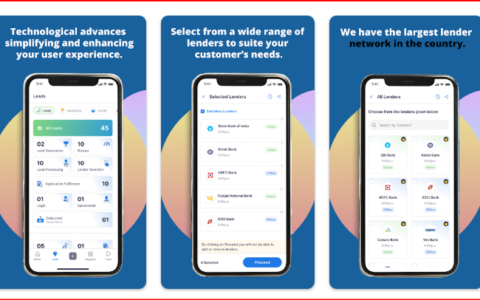
Introduction
In today’s fast-paced world, efficient transportation is crucial. Taxi services play a vital role in providing convenient travel options for individuals worldwide. With the advent of technology, the traditional taxi dispatching system has undergone a significant transformation, revolutionizing the way people commute. This article delves into the intricacies of the taxi dispatching system, exploring its features, benefits, and impact on the transportation sector.
Understanding the Taxi Dispatching System
In essence, a taxi dispatching system is a technological solution that facilitates the efficient management and coordination of taxi services. It encompasses various components, including mobile applications, GPS tracking, and automated dispatching algorithms.
The Role of Mobile Applications: Mobile applications serve as the interface between passengers and taxi service providers. Users can easily book rides, track their drivers in real-time, and make secure payments through these user-friendly apps.
GPS Tracking and Navigation: GPS technology enables precise tracking of taxi locations, allowing dispatchers to allocate rides based on proximity and availability. Additionally, navigation features help drivers optimize routes, reducing travel time and enhancing overall efficiency.
Automated Dispatching Algorithms: Sophisticated algorithms analyze incoming ride requests, driver availability, and traffic conditions to assign rides systematically. This automated process minimizes waiting times for passengers and maximizes revenue for drivers.
Benefits of the Taxi Dispatching System
The adoption of a taxi dispatching system yields numerous benefits for both passengers and service providers:
Enhanced Convenience: Passengers can conveniently book rides from anywhere using mobile apps, eliminating the need to hail taxis on the street or make phone calls to dispatch centers.
Improved Safety and Security: GPS tracking and digital payment systems enhance passenger safety and security by providing real-time ride monitoring and eliminating cash transactions.
Optimized Operations: Automated dispatching algorithms optimize fleet management, ensuring efficient utilization of resources and minimizing idle time for drivers.
Streamlined Communication: The integrated communication features facilitate seamless interaction between passengers, drivers, and dispatchers, reducing misunderstandings and improving overall service quality.
The Future of Taxi Dispatching
As technology continues to evolve, the future of taxi dispatching holds immense potential for innovation and growth. Emerging trends such as autonomous vehicles, artificial intelligence, and predictive analytics are poised to further revolutionize the transportation industry.
Autonomous Vehicles: The integration of autonomous vehicles into taxi fleets promises increased efficiency, reduced operating costs, and enhanced safety standards. These self-driving cars rely on advanced sensors and algorithms to navigate roads autonomously, offering passengers a futuristic and hassle-free travel experience.
Artificial Intelligence (AI): AI-powered predictive analytics enable taxi dispatching systems to anticipate demand patterns, optimize routing algorithms, and enhance user experience through personalized recommendations. Machine learning algorithms analyze vast amounts of data to continuously improve service efficiency and customer satisfaction.
FAQs (Frequently Asked Questions)
- How does the taxi dispatching system benefit passengers? The taxi dispatching system enhances passenger convenience by enabling easy ride booking, real-time tracking, and secure payment options, thereby streamlining the commuting experience.
- Are taxi dispatching systems secure? Yes, taxi dispatching systems prioritize passenger safety and security through GPS tracking, driver verification, and digital payment mechanisms, minimizing risks associated with traditional taxi services.
- Can taxi dispatching systems handle peak demand efficiently? Absolutely. The automated dispatching algorithms analyze demand patterns and driver availability in real-time to allocate rides efficiently, ensuring prompt service even during peak hours.
- Are there any privacy concerns associated with taxi dispatching systems? Taxi dispatching systems adhere to strict privacy regulations and implement robust data protection measures to safeguard user information. Personal data is encrypted and anonymized to ensure confidentiality and privacy.
- How do taxi dispatching systems impact driver earnings? Taxi dispatching systems empower drivers by providing them with a steady stream of ride requests, optimizing their routes, and reducing idle time. This leads to increased earning potential and improved job satisfaction.
- What sets taxi dispatching systems apart from traditional taxi services? Unlike traditional taxi services, taxi dispatching systems leverage technology to offer enhanced convenience, safety, and efficiency. Features such as mobile booking, GPS tracking, and automated dispatching algorithms set them apart in terms of user experience and operational efficiency.
Conclusion
In conclusion, the taxi dispatching system represents a paradigm shift in the transportation industry, offering a seamless and efficient solution for urban mobility. By leveraging cutting-edge technology and innovative algorithms, these systems optimize resource allocation, enhance user experience, and pave the way for a more sustainable future of transportation.



